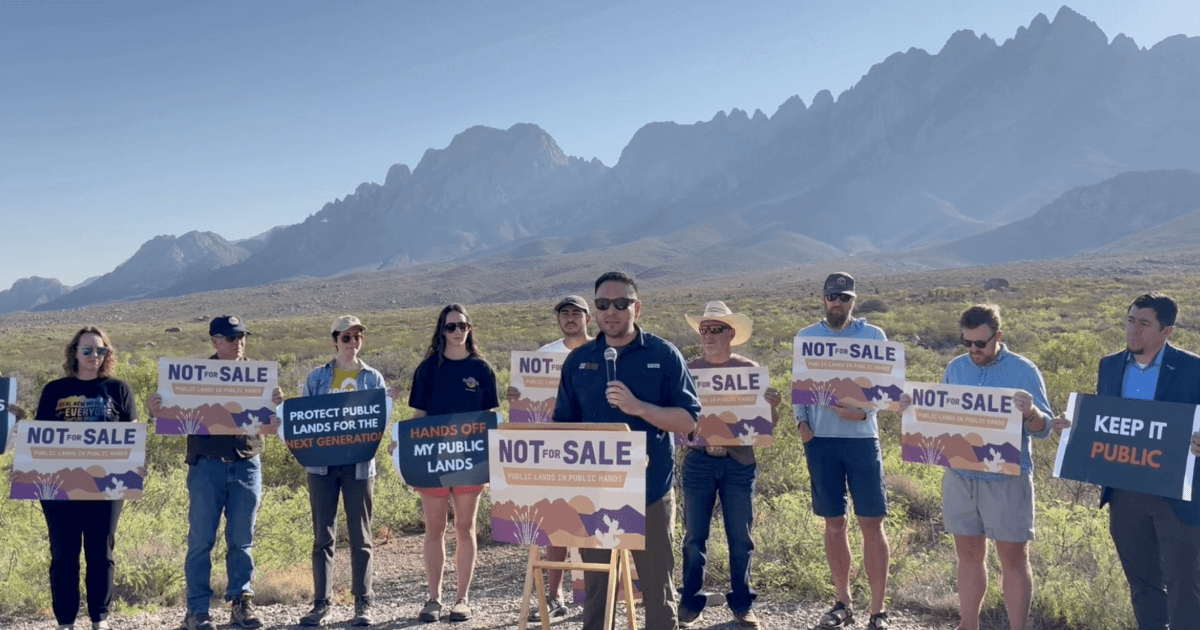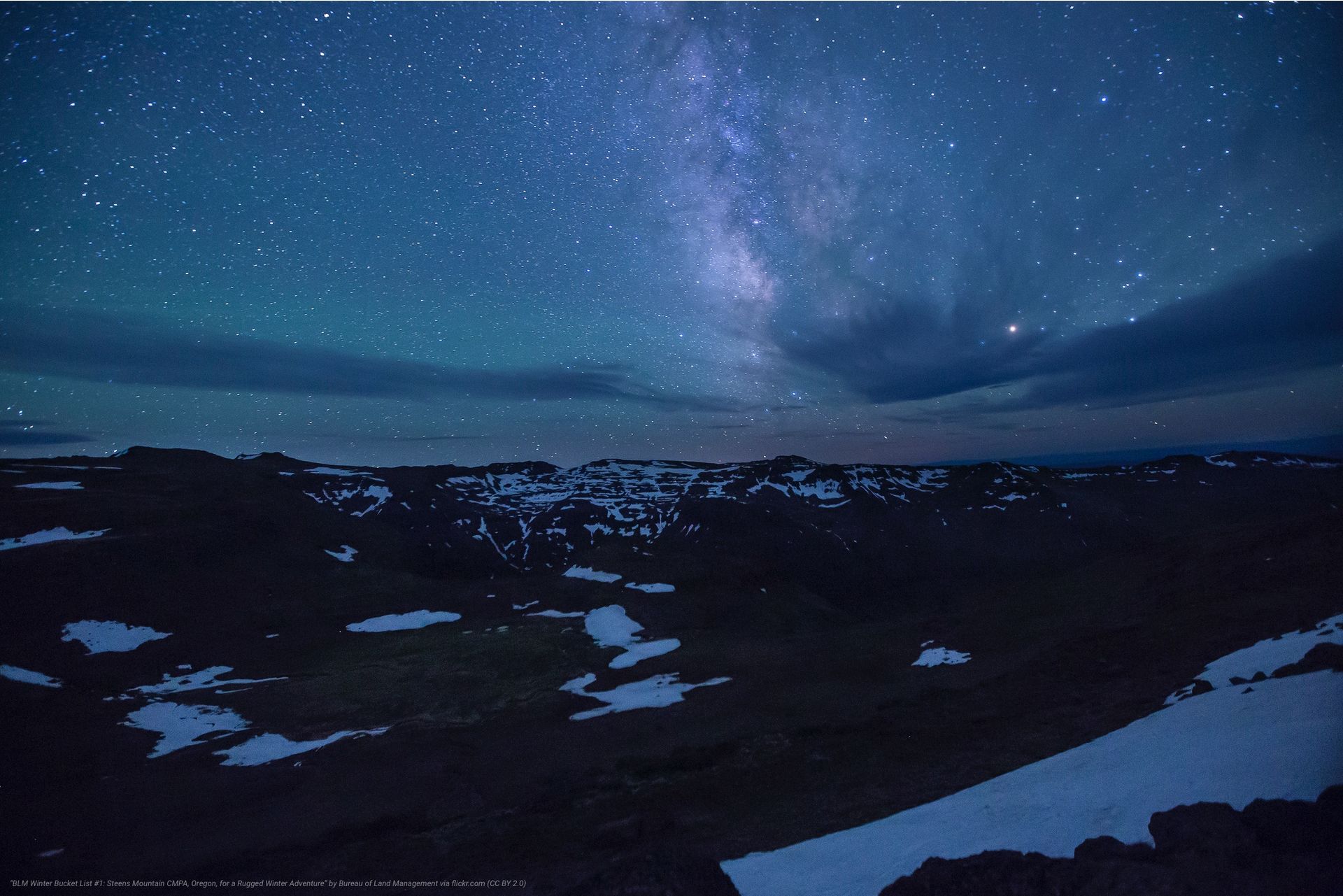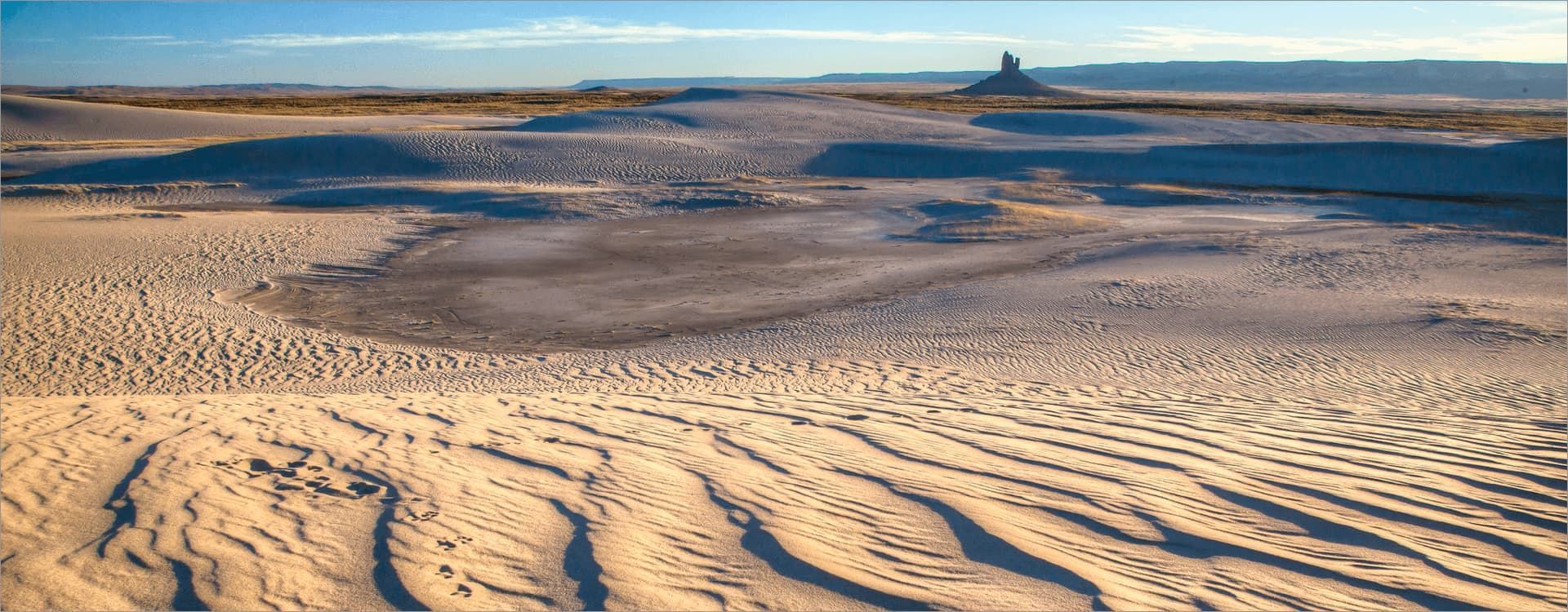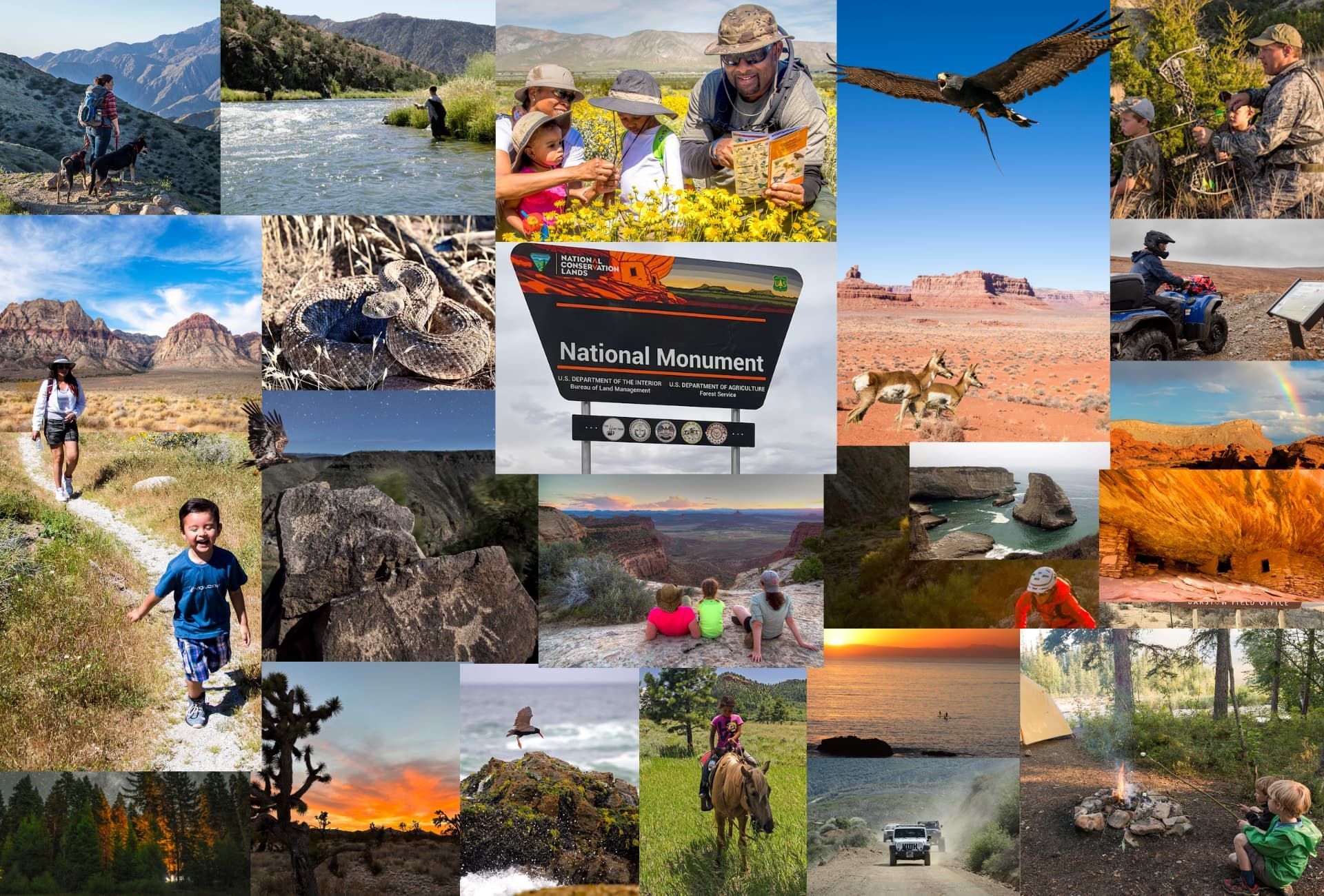THERE IS NO FUTURE WITHOUT NATURE.
And today, the future of public lands - our wildlife, water, and way of life - is under threat like never before.
The Conservation Lands Foundation and our powerful network of 84 community-based organizations are taking bold, coordinated action to defend the places we love from sell-off, extraction, and short-term profit-driven destruction.
Help us make a powerful difference to protect the public lands we love and need.
Support Our Work
Your partnership with the Conservation Lands Foundation is the most effective action you can take to build the community power needed to keep America's public lands in public hands.
Take Action
Add your voice today to protect the Red Desert in Wyoming, which contains one of the most ecologically intact sagebrush ecosystems in the West and the longest big game migration corridor in the lower 48.
Protect What Matters
Conservation Lands Foundation is pursuing the greatest opportunity to stop the decline of nature and wildlife in the U.S. Join the community-based movement to protect America’s public lands and a better future for all.
Newsletter Signup - Get Involved Page
Thank you for subscribing to receive updates from Conservation Lands Foundation!
Please try again later.
Photo: View from Cascade-Siskiyou National Monument, Oregon
We’re the only nonprofit organization dedicated to protecting and expanding America’s National Conservation Lands – 38 million acres (and growing!) of public lands, rivers, and trails.
Join us to protect what matters!
85% of the largest acreage of U.S. public lands – managed by the Bureau of Land Management – is currently available for mining and development.
The U.S. needs to protect millions more acres as National Conservation Lands to ensure a healthy and prosperous future for all.
We and our Friends Grassroots Network of more than 80 community-based organizations are working to protect at-risk landscapes across the western U.S.
Photo: Avi Kwa Ame National Monument, Nevada
Join the Movement to Save Public Lands and Natural Resources
Defend Wyoming's Red Desert
Why It Matters
Nature and biodiversity are declining at record rates in the U.S. If we don’t stop the decline, we’ll lose vital sources of clean air and water, diverse plants and wildlife, sacred and cultural sites, recreational opportunities, and critical drivers of local economies.
What Are National Conservation Lands?
These essential landscapes are among the most spectacular natural, cultural, and archaeological places in the country.
Give Today
Your support today helps us protect the vulnerable places that are essential for preventing further biodiversity loss and ensuring healthy people and planet for generations to come.

Support Our Work
Your gift helps expand the National Conservation Lands and ensure that these essential places are protected for generations to come.

Use The Climate Atlas to learn more about the biodiversity, climate, and other benefits of our country’s public lands – and to identify new opportunities for their protection.

Photo: Bodie Hills, California
Featured News

NYC Climate Week 2025 - A Gathering for Nature: Public Lands Protection IS Climate Action Panel
The Conservation Lands Foundation partnered with Patagonia during NYC Climate Week 2025 for a powerful in-person conversation about the vital connection between public land conservation and climate resilience.
Latest Posts


“We created this organization because we know enduring protection of nature requires people who care.”
— Ed Norton, Founding Chair, Conservation Lands Foundation
Photo: King Range National Conservation Area, California







